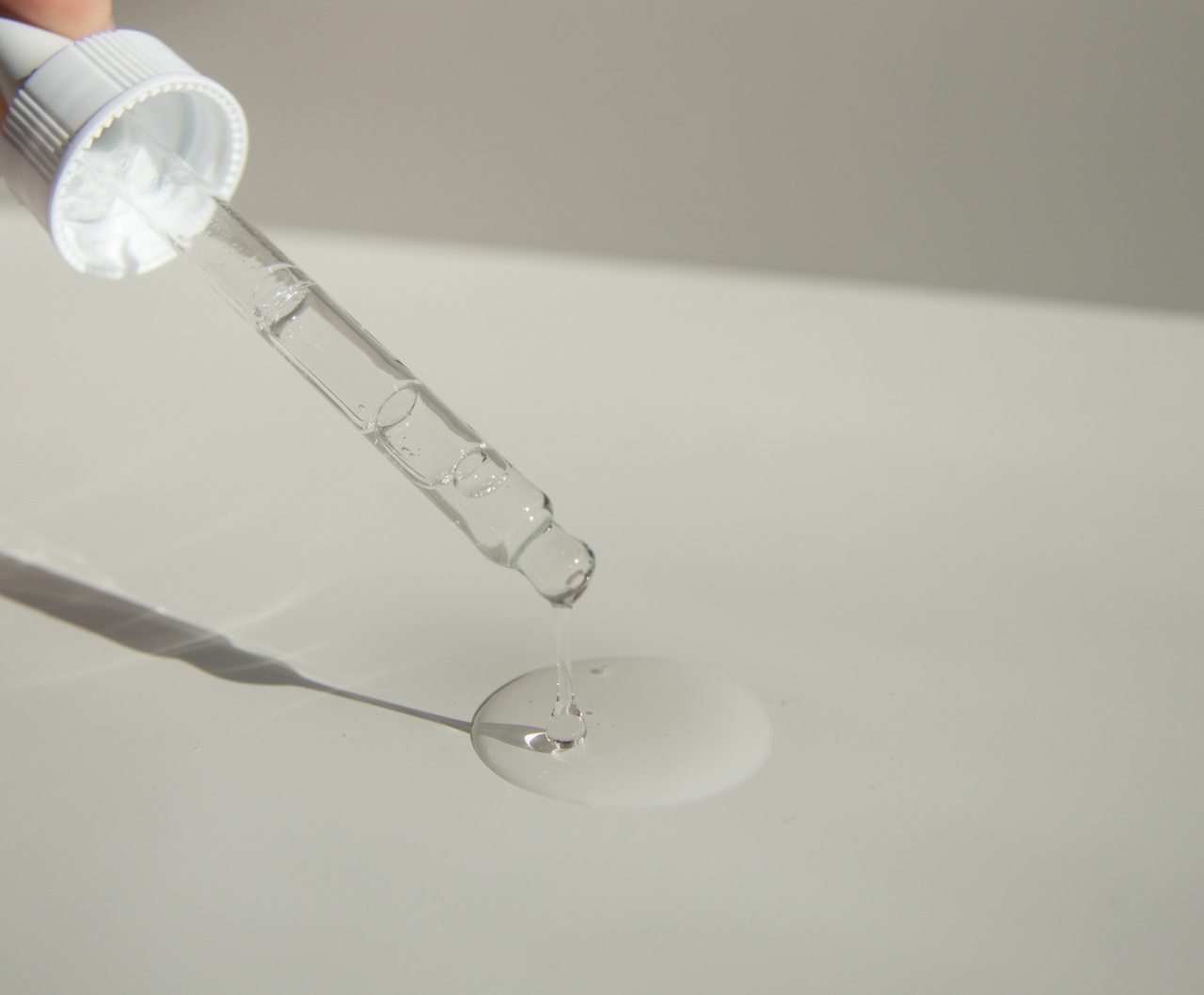The concept of a sterile womb has been central to our understanding of fertility for centuries. For years, we believed that the womb was a sterile environment, free from any microorganisms that could harm a developing fetus.
However, recent research has shown that this is not the case. In fact, the womb is a complex ecosystem, filled with a diverse array of microorganisms that play a crucial role in pregnancy and fertility.
In this article, we will debunk the myth of the sterile womb and explore the role of the microbiome in fertility and pregnancy.
What is the microbiome?
The microbiome refers to the collection of microorganisms that live within and on the human body. These microorganisms include bacteria, viruses, fungi, and other microbes, and they play a crucial role in our health and wellbeing.
In fact, the microbiome is considered to be a vital organ in its own right, as it helps to digest food, produce vitamins, and regulate the immune system. While the microbiome is present throughout the body, different regions of the body have different types and concentrations of microorganisms. For example, the gut harbors trillions of bacteria, while the skin has a much less diverse microbiome.
The microbiome of the female reproductive tract
While we once believed that the female reproductive tract was sterile, recent research has shown that this is not the case. The vagina, for example, has a diverse microbiome that is dominated by Lactobacillus bacteria.
These bacteria produce lactic acid, which helps to maintain a healthy acidic environment in the vagina. This acidity helps to prevent the growth of harmful bacteria and pathogens, and it also helps to protect the delicate tissues of the vaginal wall.
The microbiome of the cervix and uterus is less well-studied, but recent research has shown that these regions also harbor a diverse array of microorganisms.
In fact, some studies have suggested that the microbiome of the uterus may be an important determinant of fertility, as certain types of bacteria have been associated with improved fertility outcomes.
The role of the microbiome in fertility
The microbiome has emerged as a critical factor in the complex interplay between fertility, pregnancy, and health.
Researchers now believe that the microbiome may play a key role in both male and female fertility, influencing everything from sperm and egg quality to the success of implantation and pregnancy.
In women, disruptions to the vaginal microbiome have been associated with a range of fertility issues, including bacterial vaginosis, yeast infections, and infertility.
In men, the composition of the microbiome may also impact fertility, as certain types of bacteria have been linked to male infertility and poor sperm quality.
The microbiome and pregnancy
Recent research has also shown that the microbiome may play a key role in pregnancy outcomes.
Studies have shown that changes to the maternal microbiome during pregnancy may impact fetal development, birth outcomes, and even the long-term health of the child.
For example, disruptions to the microbiome have been linked to preterm birth, low birth weight, and other adverse pregnancy outcomes.
Additionally, research has shown that particular strains of bacteria may have a protective effect on the developing fetus, reducing the risk of conditions like pre-eclampsia and gestational diabetes.
The impact of modern medicine on the microbiome
In recent years, the increasing use of antibiotics and other medical interventions has had a significant impact on the diversity and composition of the human microbiome.
Antibiotics, for example, can dramatically alter the gut microbiome, killing off both harmful and beneficial bacteria and disrupting the delicate balance of the ecosystem. Other modern medical practices, such as C-section delivery and formula feeding, have also been linked to alterations in the microbiome and associated health risks.
The importance of a healthy microbiome
Given the critical role of the microbiome in fertility and pregnancy, maintaining a healthy microbiome is essential for optimal reproductive health.
This can be achieved through a variety of means, including diet, lifestyle modifications, and targeted microbial interventions.
Diet plays a critical role in shaping the microbiome, as certain foods can promote the growth of beneficial bacteria while others can promote the overgrowth of harmful microbes.
Consuming a diverse range of fruits, vegetables, and whole foods can help to support a healthy microbiome, while avoiding processed foods and excess sugar can help to reduce inflammation and promote microbial diversity.
Other lifestyle modifications, such as reducing stress and getting regular exercise, have also been shown to support a healthy microbiome and optimize reproductive health.
Conclusion
In conclusion, the myth of the sterile womb has been thoroughly debunked, as recent research has shown that the female reproductive tract is home to a thriving ecosystem of microorganisms.
The microbiome plays a critical role in fertility, pregnancy, and health, and disruptions to the microbiome can have significant negative impacts on reproductive outcomes.
As we continue to uncover the complex interplay between the microbiome and reproductive health, it is increasingly clear that maintaining a healthy microbiome is essential for optimal fertility and pregnancy outcomes.
By focusing on diet, lifestyle modifications, and targeted microbial interventions, we can support a healthy microbiome and ensure optimal reproductive health.






























